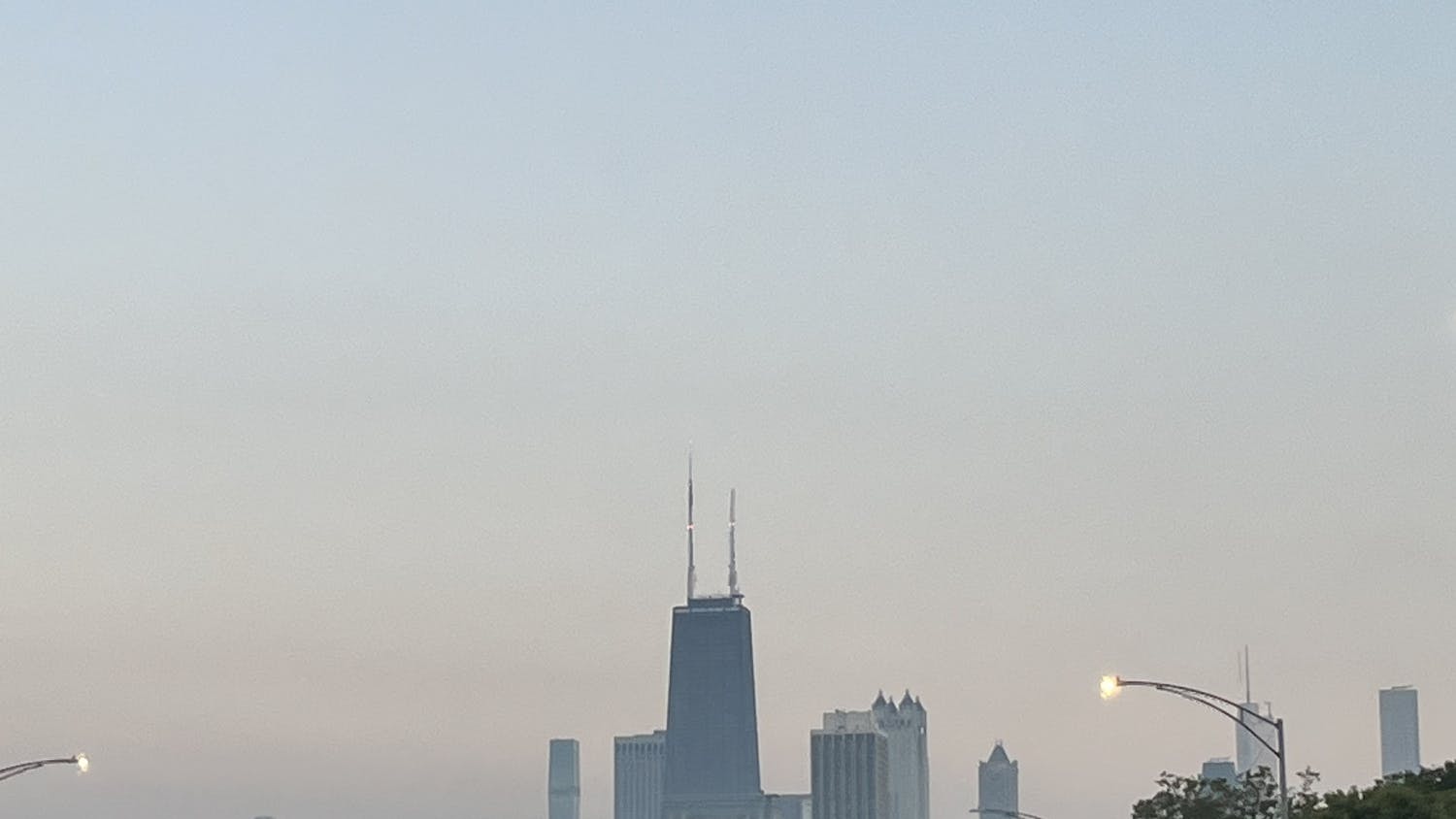Despite its small size, Dartmouth encompasses a variety of voices, from freshmen students to administrators. The forums, discussions and conferences frequently held on campus allow the experiences and opinions of many different people on campus to be heard.
Yet one of the most influential voices at the College, the Board of Trustees, operates largely under the radar of most students.
The Board of Trustees is comprised of 24 members, in addition to College President Jim Yong Kim and New Hampshire Gov. John Lynch. Its members formally meet only four times a year, but they are ultimately responsible for the governance of the College, according to Chairman of the Board Stephen Mandel '78.
"The Board has two major jobs," Mandel said. "One is hiring the president, and the second is overseeing and approving the financial status of school, which includes the budget, endowment, et cetera."
Despite the substantial influence the Board of Trustees has on the College, Mandel said that its members are extremely careful not to overly involve themselves in day-to-day operations at the College.
"The important thing to understand is that similar to a company board, we are involved in oversight," he said. "The minute you get involved in day-to day decisions, that's the wrong thing, because you undermine the authority of administrators and faculty. Whether it's dining services or the registrar or academic requirements, we get informed, but ultimately those are decisions made by faculty."
The Board is sometimes criticized for being a one-dimensional group of people, as many of its members live in the Northeast and are businessmen. However, Mandel explained that the Board actively seeks to increase the diversity of its members.
"We try to pay attention to diversity, including the usual things like gender and ethnic diversity," he said. "We also pay attention to geographic diversity, which we're working on, but that's a little harder because not as many alumni live outside the country, and it would be difficult to make it to meetings."
In addition, the Board seeks new members who are a different age than current members, Mandel said.
"We are working to try to have members who graduated in the '90s, '80s, '70s, so there's a whole range," he said.
He said that in addition to having a diverse set of members, the Board is a dynamic committee open to change.
"Any organization not open to change is a dying organization," Mandel said. "We've changed a lot of things about how we operate internally, and it's very important we're looking at what we do."
Mandel cited the Board's decision to expand to 24 members several years ago as an example of "significant, important and good change."
The influence of student voices on the Board's decisions is "largely indirect," according to Mandel.
"We have engagement with both students and faculty at our four meetings a year, and that can be by meeting with different student groups," Mandel said. "I have a completely open policy, meaning anyone can email me anytime they want, and it's not always students, but they do."
Almost every member on the board has children who currently or formerly attend Dartmouth, and they hear about campus happenings, he added.
Christian Brandt '12, a member of Palaeopitus senior society who spoke before the Board of Trustees at a diversity panel, said that most students do not know much about the Board and "meaningful interaction" between students and trustees is often difficult to achieve.
"There's no medium for a normal student to reach out to the Board," Brandt said. "There's only contact if you're friends with a trustee's child or some other serendipitous circumstance, or you're invited to a College event, and in that case you have to be affiliated with a certain group."
Brandt said the absence of administrative facilitation is responsible for the lack of interaction between students and trustees, and he hopes the administration will take steps to allow for more open dialogue.
Mandel said that using a student representative as an intermediary between students and trustees is "not a particularly great idea" because having just one student could never accurately represent the interests of the entire student body.
However, Brandt said that having one student represent the entire student body is "better than no student at all."
"If the trustees conduct a thorough search, they should be able to find someone who can represent students in an unbiased way, because they will at least be able to represent one part of campus which is better than no part of campus," Brandt said.
Palaeopitus member and the President's Intern Jason Goodman '12, who has attended two dinners with the Board, said the trustees whom he knows individually have asked him "fairly rarely" for input. He said that Palaeopitus has discussed increasing student interaction with the Board of Trustees at meetings, though the group is not yet at the "policy stage."
"We've definitely thought about student-trustee interaction," he said.
Despite the diversity of student opinions on campus, Mandel said that because no individual party owns the College, the Trustees must consider the interests of many diverse groups when they are making decisions
"Colleges and universities are sort of weird beasts, because companies are owned by people, and governments are owned by people who vote," Mandel said. "Colleges and universities are neither they aren't really owned by anyone. There are several constituents students, faculty, administrators, alumni and also the world at large. We have to listen to all those multiple constituencies and make the best decision based on that."



